Following the April elections that determined next year’s student leaders, some students – including one who ran for office and did not win – are asking for transparency in the election process and are looking into starting a petition to amend the present election process.
Every year during the second semester, the most pivotal elections of the year take place: the ASB, or Associated Student Body, elections. Unlike the class elections, where students of each grade level vote for their respective class officers for the upcoming year, the ASB elections are schoolwide, where students of all grades have a voice in electing the leaders for the following year. Those questioning the election say some students believed that the popular election results – the vote outcome – decide the student government. They have looked into the process and are claiming that this is not the case.
Junior Brandon Johnson, one of the ASB Presidential candidates, and junior Santiago Borvice are asking questions about how the results were determined in the April election, as students had voted for the new ASB representatives for next year, 2024-2025. The two-day online voting period started on March 19 and ended on March 20. Johnson is asking for the student voting results in the election that resulted in Olivia Walson being named ASB president, Katelyn Rattaro vice president, and Brooke Kemper secretary-treasurer.
“I can accept losing a popular vote amongst my peers, but I would just like transparency and honesty when it comes to deciding the winner,” Johnson stated.
When asked about election policies and processes earlier this month, Vice Principal Tucker Farrar said that “the ASB Election process is detailed in the ASB Constitution.”
The ASB Constitution, a set of procedural rules that outlines student government, identifies multiple parts that play a role in the election process.
The official words in the document are: “The election of officers is made up of a combination of scores from votes cast, application completion, interview scores, the quality of their speech, grades, attendance, and teacher & staff input/recommendation.”
In researching and reading the Constitution that governs school elections, Johnson and students who requested and reviewed the document found the following statement at the bottom of the Constitution: “The ratification by a majority of the Student Body in a general election shall be sufficient for the establishment of this Constitution as the governing instrument for Northgate High School Association of the Student Body. Approved: August 2024.”
Johnson and some students including junior Santiago Borvice have raised some questions. Although it states that the Constitution was amended in August, as stated at the bottom, it appears that the members of Student Leadership had not formally approved it at the time of the election.
Johnson and Borvice have listed some of their concerns with the election process, including that no speeches were delivered by any candidates this year in an open forum, lunch, or anytime during the election cycle. While there have been speeches given by candidates in the past, this Constitution was still being edited during the end of the campaign cycle and yet no sort of speeches took place, Johnson said.
Johnson also noted that the candidates were also never interviewed during the spring election cycle; the last conducted interviews with these candidates occurred during the 2023 spring semester of last school year, when they were applying to earn a spot back in leadership. He also questioned whether teacher recommendations were considered in the determination of the election outcomes.
Johnson said he listed his teachers on the candidate application to provide recommendations for his candidacy. Additionally, he inquired with five different teachers –Spanish teacher Francisco Tubio, math teacher Ellen Weinstock, social studies teacher Christine Reimer, math teacher Claire Weer, and physiology teacher Cori Starr – whether they were asked for their recommendation on the candidates running. According to Johnson, all these teachers were listed for at least one student running for an ASB position – president, vice president, or treasurer – and they said to him that they never received any request for input.
Asked whether teacher recommendations were taken into consideration, Vice Principal Farrar said, “the teacher recommendation part is handled by the ASB teachers,” referring to Leadership teachers Kourtnie Howerton and Jen Collier.
Similarly to the provision for teacher input, it is also stated in the Constitution that administration input plays a role in the selection of candidates for office. Asked about how this discussion worked, Farrar replied that “admin acts as a sounding board in these discussions” and that the leadership teachers “are the ones who see the candidates on a day-to-day basis.”
The Leadership teacher, Ms. Howerton, contacted about the election outcome, did not reply to the Sentinel request for an interview.
When asked if the school administration could release the voting results to either the student body or at least the candidates, Farrar said that “the results have always been confidential.”
While that may be the current precedent, Johnson has voiced an opposing position.
“Frankly, I don’t know of a single public election where vote results are not announced,” Johnson said. “I feel, given how much work all of the candidates put into this whole thing, it’s only right to show them the results. Especially now that it’s come to light that votes are not the whole picture and seeing the votes wouldn’t compromise the election process as a whole.”
Asked if Northgate could start releasing them for at least the candidates, Farrar said, “It would have to be discussed during internal ASB or admin discussions.”
To address the process in question, Johnson and Borvice say they are starting a petition with other students, with the intention of amending the current election system to allow students who are not in Leadership to run for office and to strengthen the outcome of the popular vote in determining who is elected.
“Ultimately, transparency and a revised system need to be a priority in our student government. Keeping students in the dark about the election process only further divides the student population from administration, raising questions about whether their voices are truly heard,” Johnson said. “Factors like speeches, application completion, old interviews, and grades and attendance only add to the confusion and disconnect in the process. It’s essential for the aspect of teacher and administration input to be clearer in its details. In essence, the more transparent this process becomes, the more empowered student voices will be on campus.”

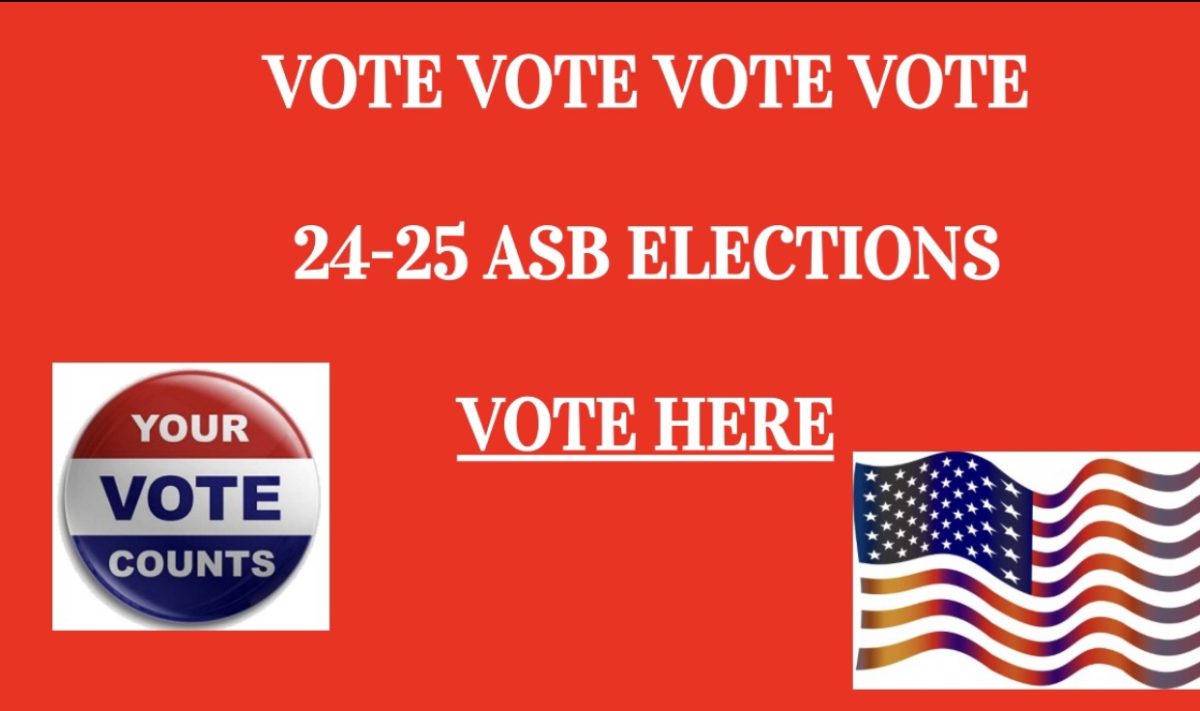
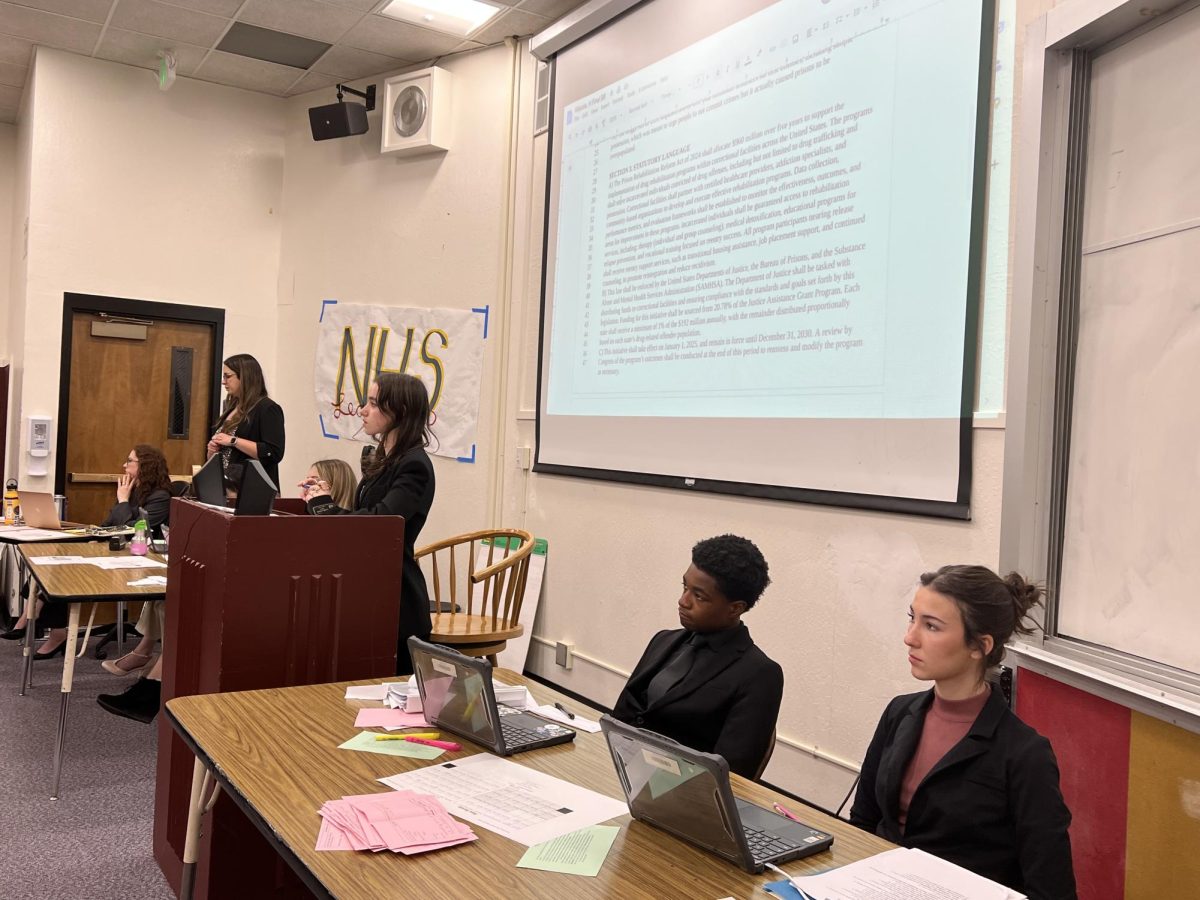
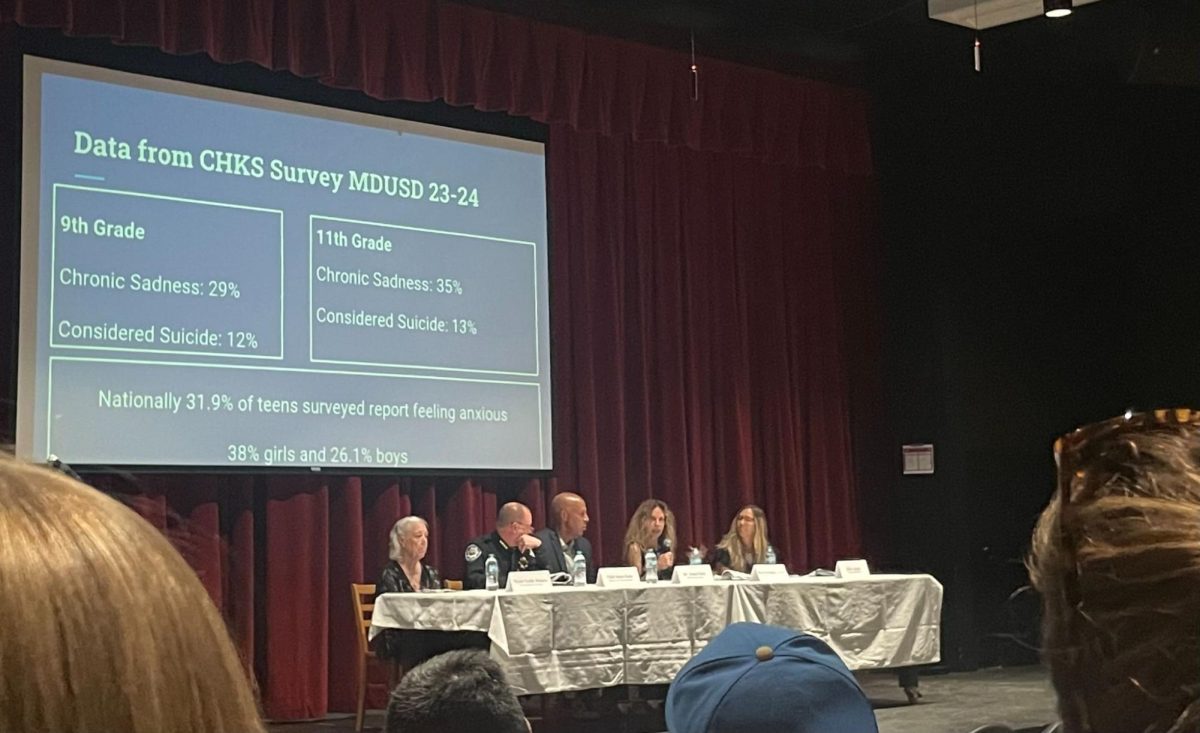
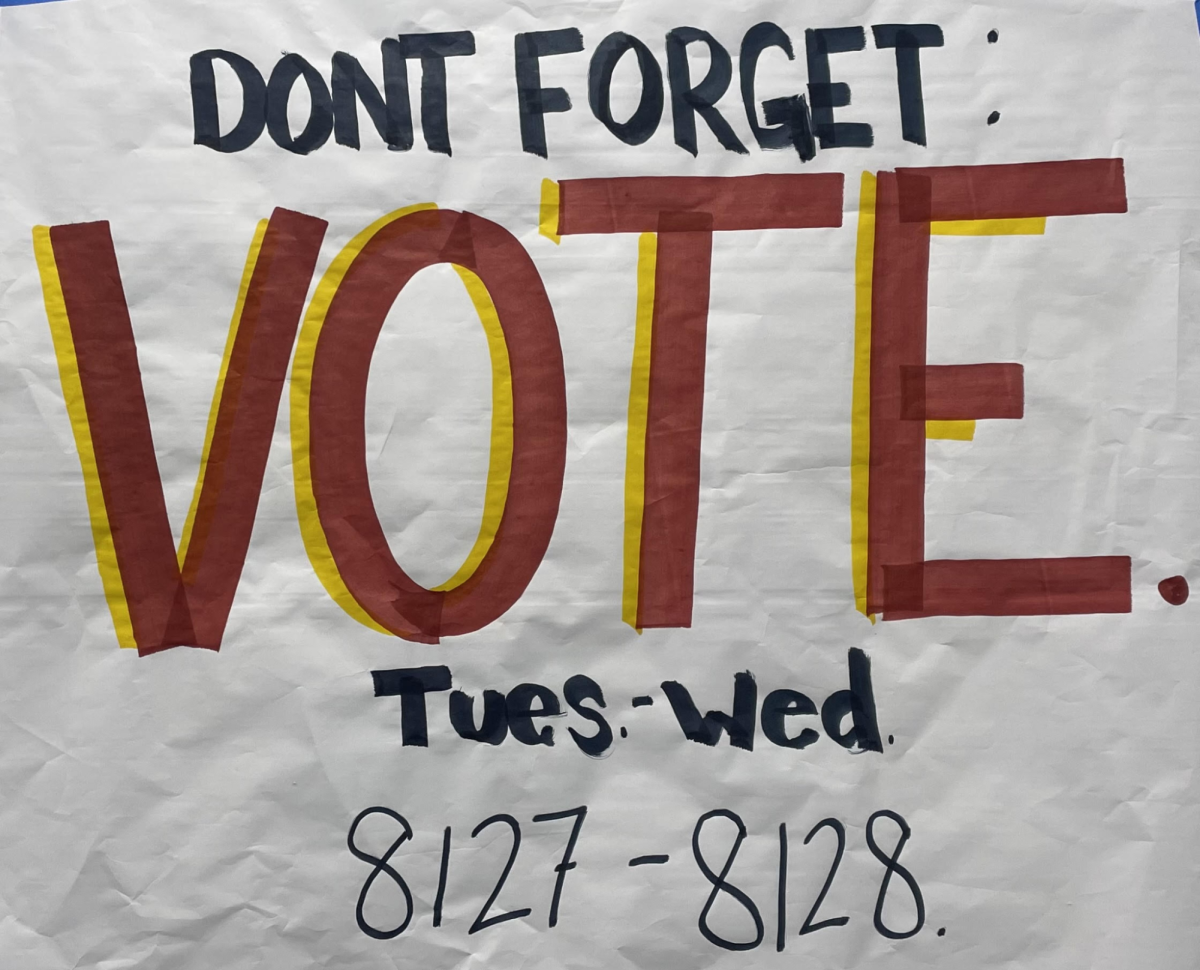

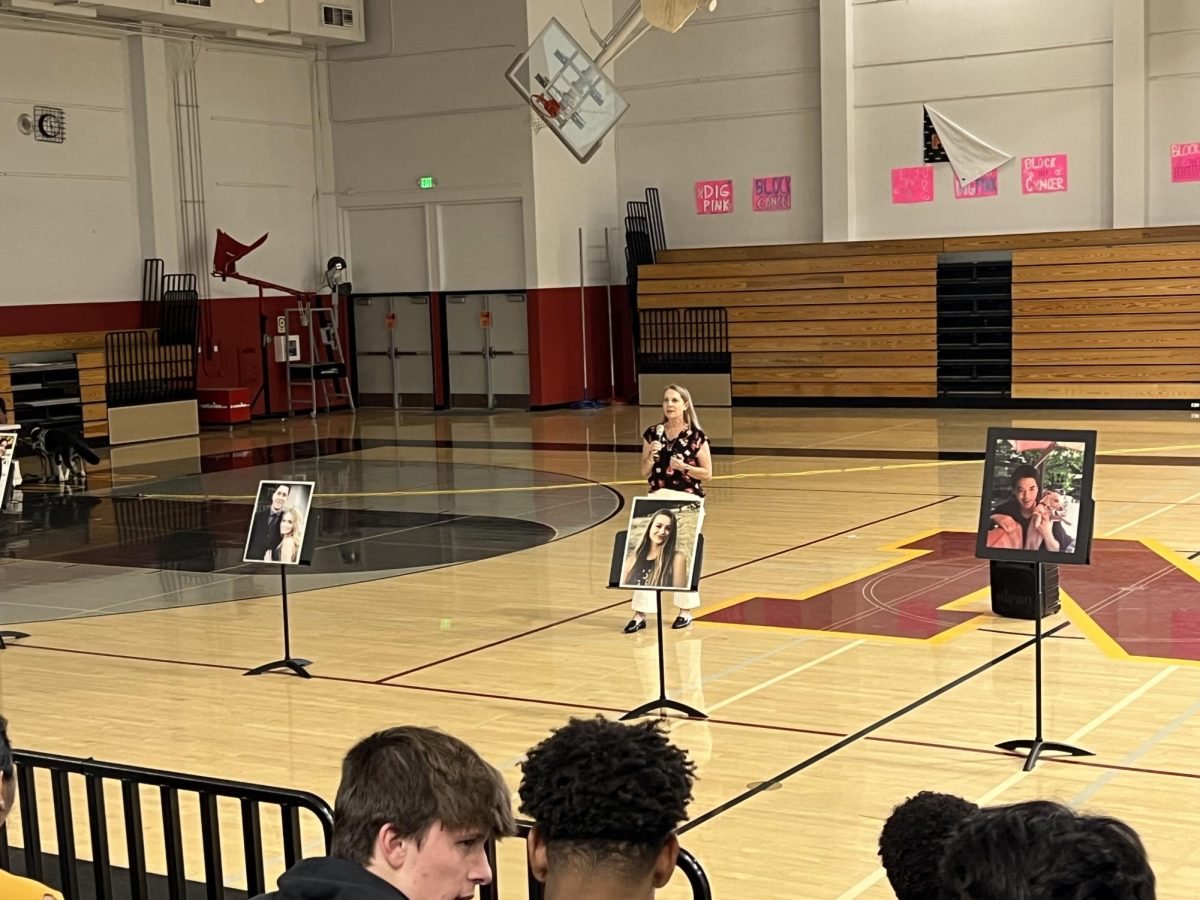
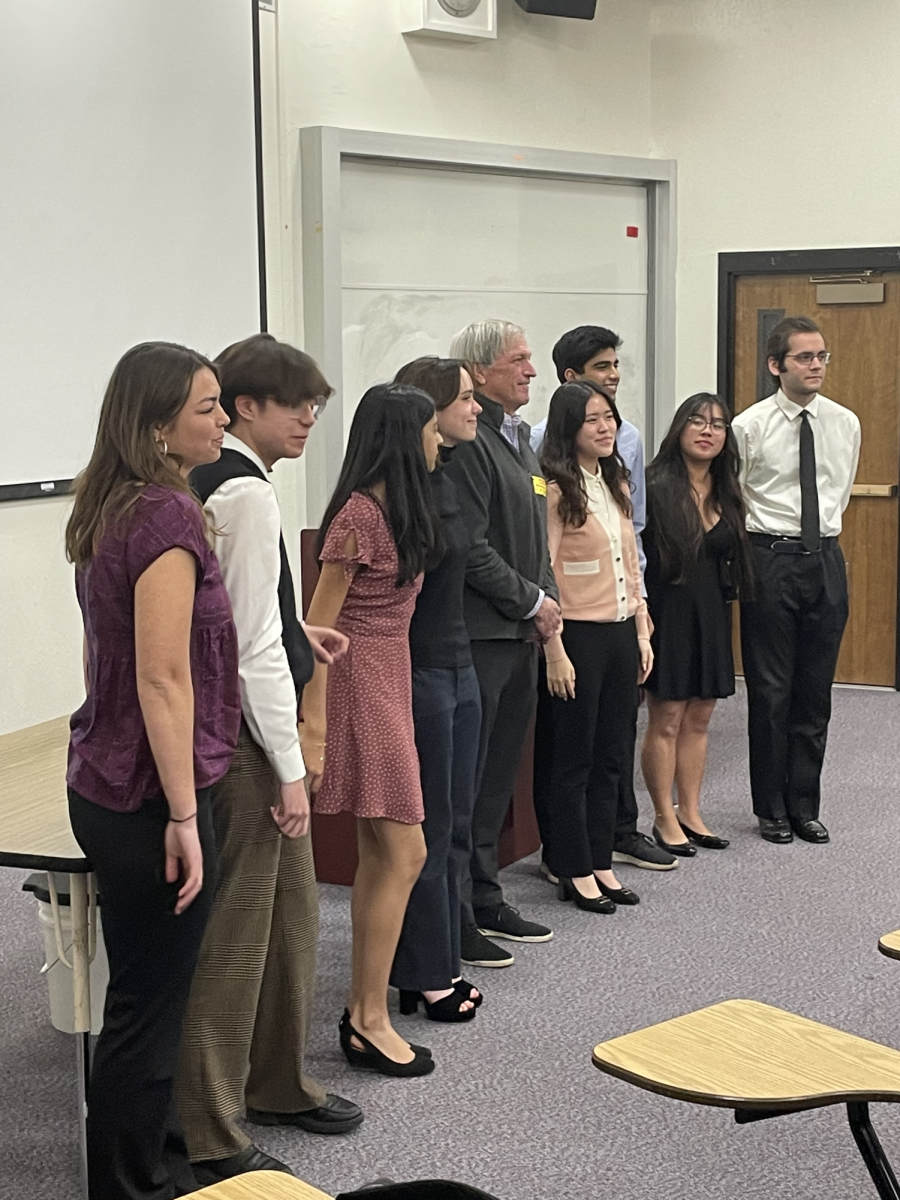


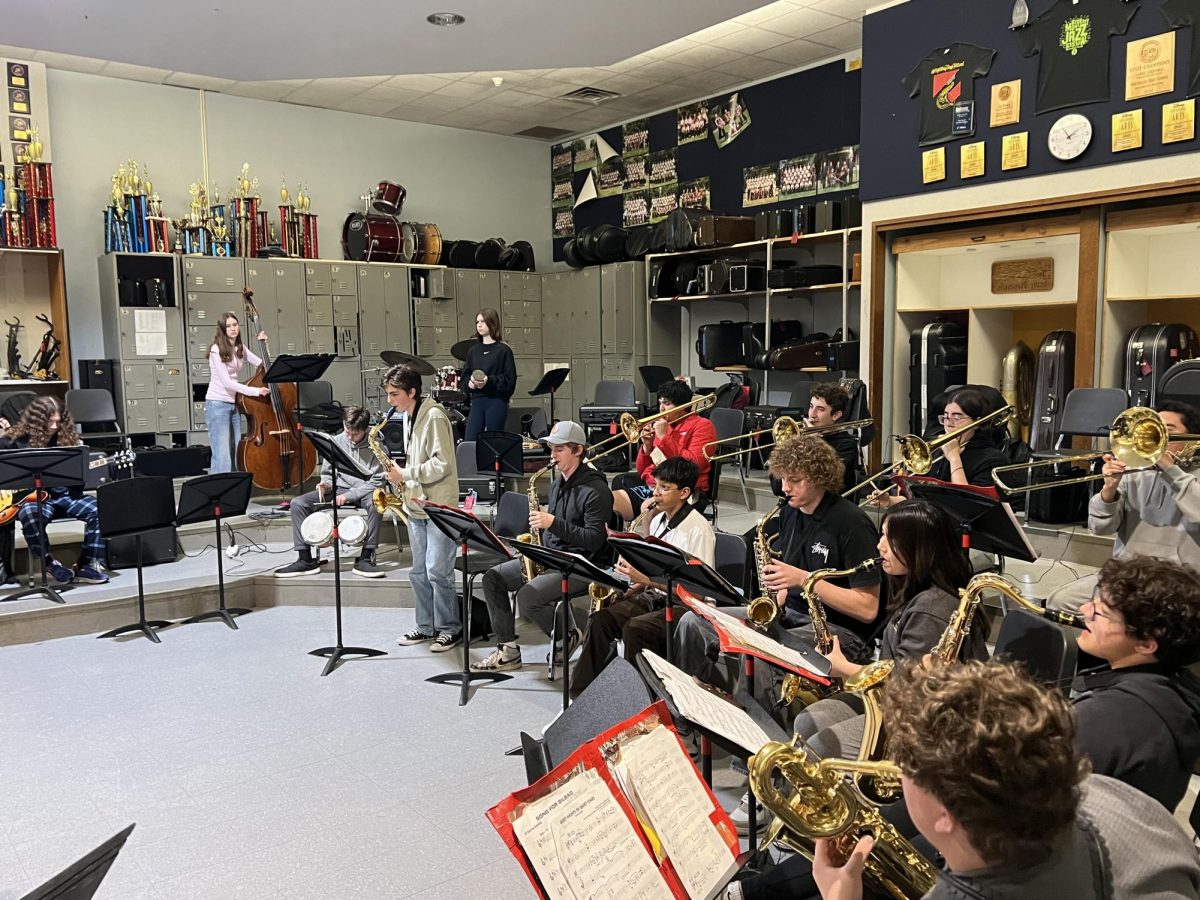
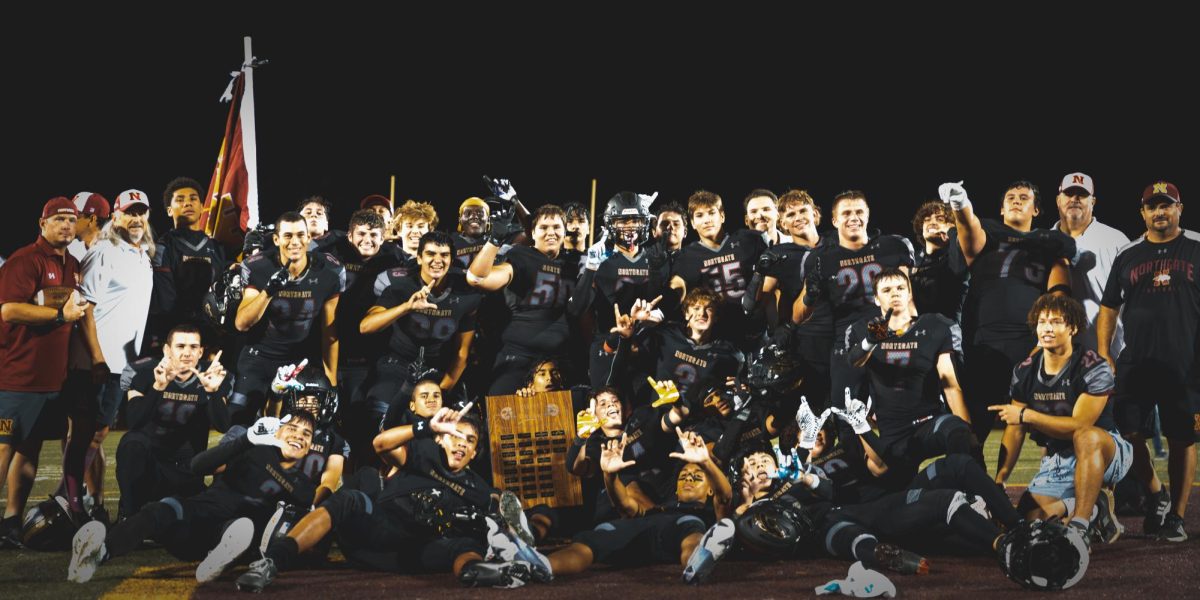
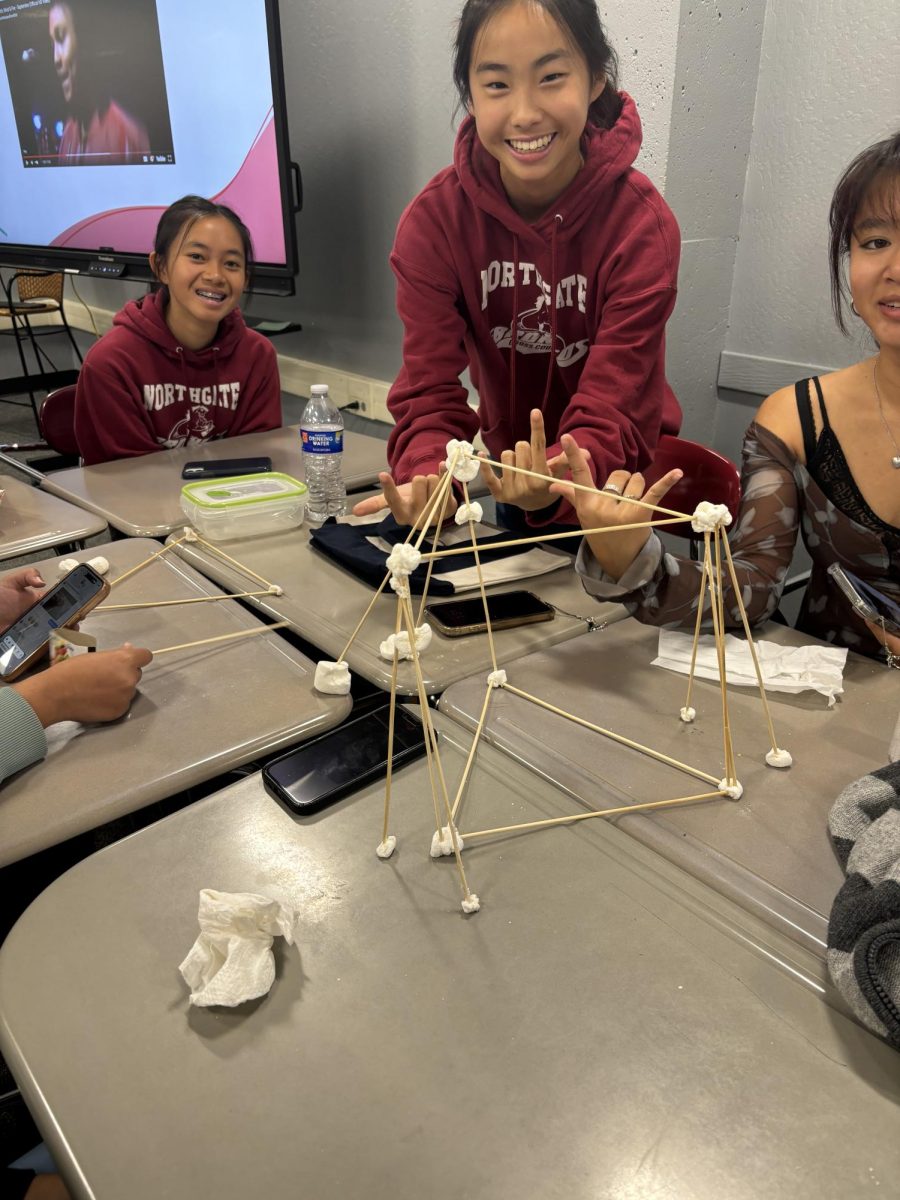
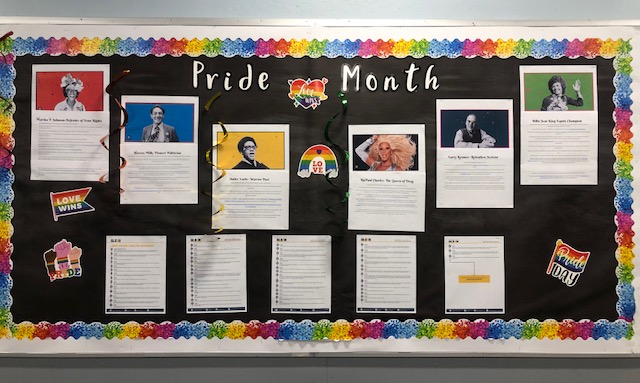
Wayne Walters • May 29, 2024 at 1:15 pm
very well stated!
adviser • Oct 30, 2024 at 9:19 pm
Thank you for your feedback, and for reading the paper. We will pass this on to the journalist.